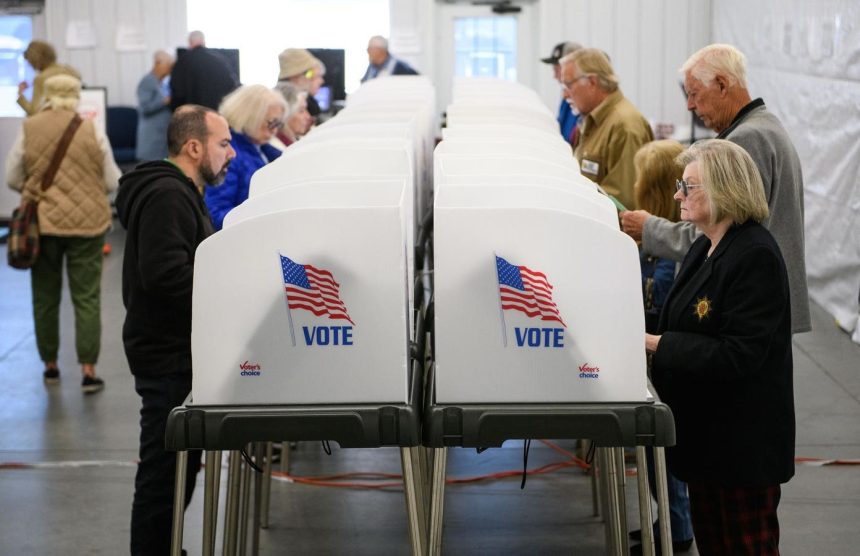The 2024 election cycle was marked by a significant disconnect between the narrative surrounding voter access and the reality experienced by most voters. Pre-election coverage, particularly from progressive media outlets, emphasized alleged voter suppression tactics such as strict voter ID laws, reduced early voting periods, and voter roll purges, often framing these measures as disproportionately impacting minority and young voters. Organizations like the Brennan Center for Justice highlighted these concerns, contributing to a perception of widespread voter disenfranchisement. However, post-election data paints a drastically different picture, revealing that the vast majority of Americans encountered minimal difficulty in exercising their right to vote.
Both the Pew Research Center and the Public Religion Research Institute (PRRI) conducted post-election surveys that challenged the prevailing narrative of widespread voter suppression. Pew’s findings indicated that an overwhelming 94% of voters found the process easy, with 79% describing it as “very easy.” This starkly contrasts with pre-election anxieties, where 20% of registered voters anticipated significant difficulty. Similarly, the majority of respondents in Pew’s survey reported positive experiences with election administration in their communities. PRRI’s survey corroborated these findings, revealing that an overwhelming majority of voters did not experience issues with identification, voter registration, or harassment at the polls.
A closer examination of the PRRI data, specifically focusing on demographics often cited as facing disproportionate barriers, further undermines the voter suppression narrative. While some discrepancies exist, the percentages of Black, Hispanic, and young voters reporting difficulties remain remarkably low. For example, only 3% of Black voters and 1% of Hispanic voters reported being told they lacked proper identification. Similarly, instances of harassment or registration issues were minimal within these demographic groups. These findings suggest that while isolated incidents may occur, they do not represent a systemic impediment to voting for minority or young populations.
While the data largely dispels the notion of widespread voter suppression, certain localized challenges do warrant attention. Long lines at polling places, while not a universal experience, were reported by a notable portion of respondents, particularly among Hispanic voters and young adults aged 18-29. Addressing these logistical issues, however, falls within the purview of local election officials and requires targeted solutions rather than sweeping federal interventions. The majority of voters, according to Pew’s data, experienced minimal wait times, further highlighting the localized nature of this challenge.
The issue of election misinformation also emerged as a point of concern during the 2024 election cycle. A small percentage of respondents in the PRRI survey reported receiving misleading information about voting procedures, underscoring the potential impact of disinformation campaigns on voter behavior. While not as prevalent as some pre-election narratives suggested, the dissemination of false information remains a threat to election integrity and requires ongoing efforts to combat its spread.
The contrast between pre-election anxieties and post-election realities underscores the importance of relying on empirical data rather than anecdotal evidence or politically motivated narratives. While historical instances of voter suppression undoubtedly exist and require vigilance to prevent their recurrence, the 2024 election demonstrates that the vast majority of Americans can exercise their right to vote without significant obstacles. Exaggerated claims of widespread voter suppression, often amplified by progressive groups and media outlets, not only distort the reality of voter access but also erode public trust in the electoral process. A focus on localized challenges, coupled with factual reporting and responsible discourse, is essential to ensuring fair and accessible elections for all citizens.



